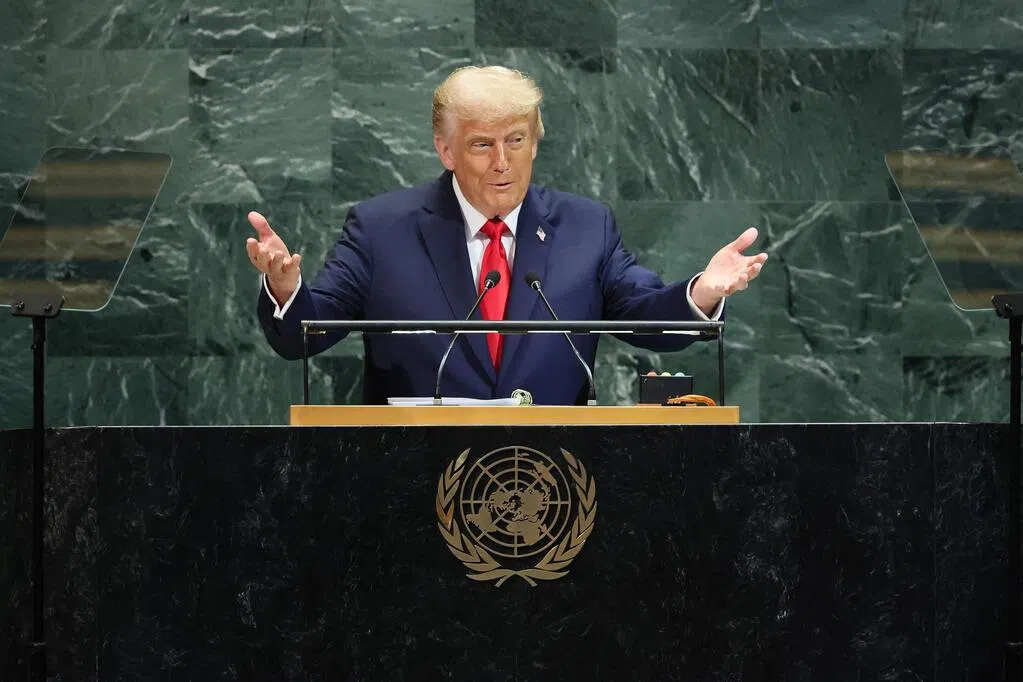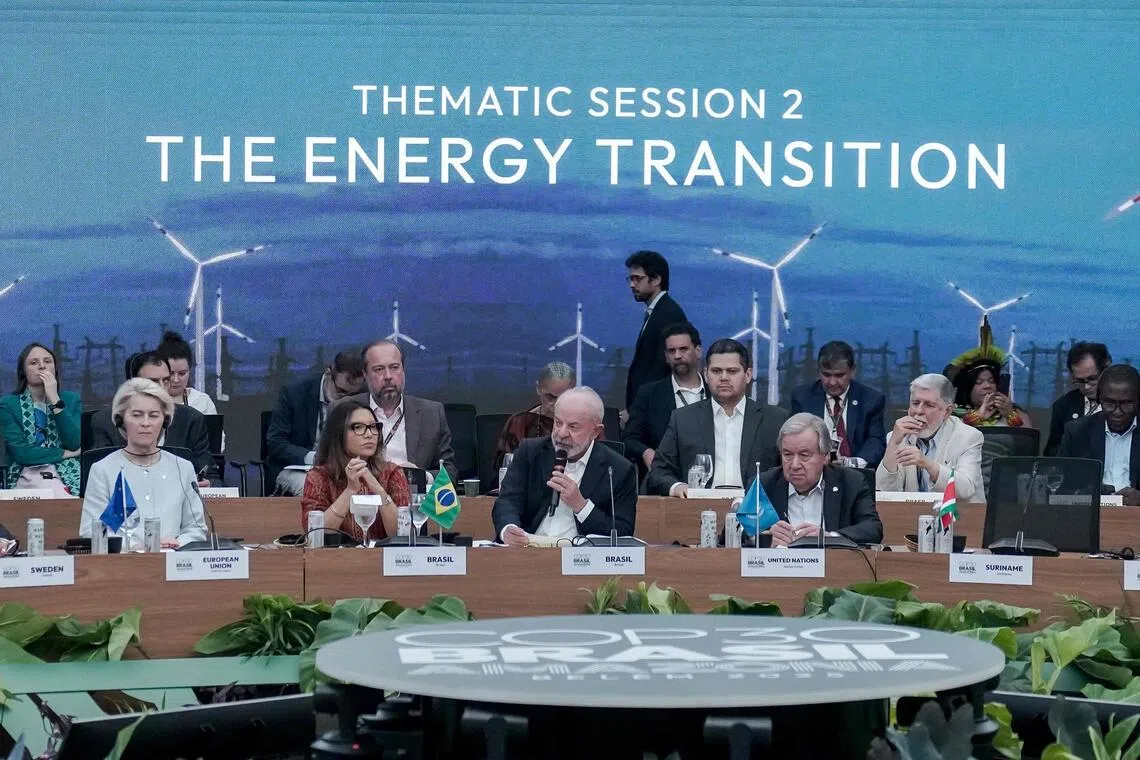(Belen, AFP) Brazilian President Lula da Silva said the planet can no longer sustain humanity's dependence on fossil fuels and warned that global climate action could be in vain if countries do not quickly shift to cleaner energy sources.
The United Nations Climate Change Conference will be held in Belém, Brazil next week. Speaking to world leaders at a pre-conference meeting on Friday (November 7), Lula pointed out that the planet can no longer support the development model of the past 200 years based on heavy fossil fuel use. He emphasized that addressing the urgent issue of future energy development will determine the success or failure of the fight against climate change.
Participating leaders also called on countries to reduce their use of greenhouse gas-emitting fuels such as coal, oil, and natural gas.
The warning signs of the climate crisis have never been clearer: the past decade has been the hottest on record, with extreme phenomena such as hurricanes, heat waves, and wildfires intensifying.
Although countries reached a consensus two years ago to "phase out fossil fuels," disagreements remain on how to implement this in practice. Brazil hopes to develop a clear roadmap but faces resistance.
Further Reading


Mexican Environment Minister Basena told AFP, "Setting a specific date for phasing out fossil fuels is always difficult because there are so many oil-producing countries, and it's hard to get every country to agree to phase out fossil fuels by 2030 at the latest. But we can propose this as a long-term goal."
This year's meeting was overshadowed by the absence of leaders from major global carbon-emitting countries, including US President Trump. Trump has repeatedly called climate change a "hoax," but this has also prompted more countries to call for more proactive climate action.

Business and first-class seats emit three times more carbon than economy class. Sources reveal that France, Spain, Kenya, and other countries are leading a proposal for a "luxury flight tax" at next week's UN climate conference, arguing that high-end travelers contribute more to global warming and should pay higher fees.
This initiative is a coalition of more than a dozen countries. Sources say diplomats from these countries are seeking to expand the coalition, particularly by attracting European nations.
Business and first-class seats have a carbon footprint approximately three times that of economy class, while private jets emit 14 times more per passenger-kilometer than commercial flights.
Countries that have agreed to join the agreement but have not yet implemented such taxes will commit to additional taxes on business and first-class tickets, as well as private jets. Countries that have already implemented such taxes, such as France, have pledged to raise targets and implement higher and more progressive tax rates.
Additional tax rates for private jets are still under discussion but may be linked to fuel consumption.
The coalition points out that a reasonable flight tax could fund climate action while enhancing fairness. For example, in the Maldives, the departure tax is US$120 (S$156) for business class, US$240 for first class, and US$480 for private jet.



